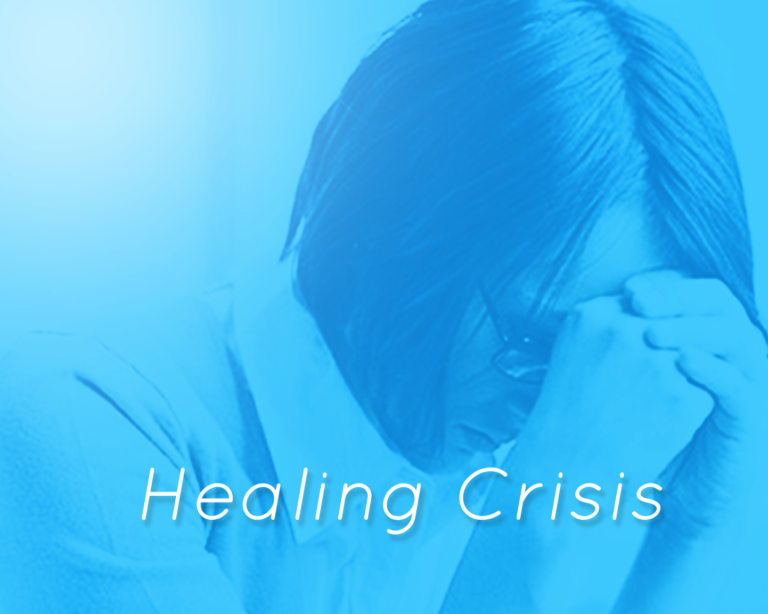Effects of Stress on Health
We all get stressed at some point, but not everyone understands the effects it has on our health. So, what is stress? Stress is when the body is in a state of tension or emotional strain from situations or circumstances in life that are creating pressure. It is a feeling of being tightly wound up, overloaded and tense, and it puts us on edge. We all feel it every day with our jobs, relationships and family, but when you really start to focus in on how much stress you have in your life, you might be surprised of the amount there is. It’s not just that project at work, or the bills you need to pay, or the speeding fine you got, or your car breaking down. Stress affects us in smaller ways as well and this can build so the bigger things seem worse.
We all know stress is bad for our health, but what we may not know, is just how great the toll on us is physically.
It’s not all bad, stress is there for a reason, and in the early days of our evolution, we needed it to help us avoid dangerous situations, like that sabre-toothed tiger that wants to eat us, or that spear coming at us from one of our enemies. And the stress response is often referred to as the “Fight or Flight” response.
Fight or Flight
The term “The Fight or Flight” was first coined by Walter Bradford Cannon, also known as Hyperarousal and Acute Stress. When the body is stressed, it thinks it is under attack, causing it to switch to fight or flight mode. While in this state, it releases hormones such as adrenaline, cortisol and norepinephrine, which get released into the blood stream. This prepares the body for physical action by diverting blood to the muscles, but while it is doing this, it is shutting down normal functions like digestion and the immune system, and it is also minimising brain function because we are acting on instinct and not cognitive thought.
With the release of hormones, the body gains a rush of energy and heightened focus to our attention, which prepares us to deal with things like that sabre-toothed tiger or to run away. The flood of adrenaline causes the heart to pound and rapid breathing from the blood being pushed to the muscles, as well as boosting our energy. This heightens our reflexes and enables us to react straight away. In modern times this ‘Fight or Flight’ mode is still relevant in situations such as being able to react swiftly if a dog runs out in front of our car.
The problem with our modern world is that we are put under stress with inappropriate situations, such as work or financial strain. The stress response was designed to help us survive in short bursts when we are in danger. If we are constantly stressed, then our brain function slows, our digestive system suffers and so does the immune system. When we are in a state of stress for extended periods of time, this not only has adverse effects on our work and home lives, but also is detrimental to our health.
Some of the effects of increased cortisol levels would be an increase of sugar and blood pressure levels, while decreasing the libido. While constantly having adrenaline being pumped to the muscles and not actually using it to run away from that sabre-toothed tiger has the physical effect of muscle cramping and muscle knots.
Although the stress reaction is called ‘Fight or Flight’, there is actually a third aspect to it known as ‘Freeze’. When the body is in a state of stress, it will react in either fight, flight or freeze mode, and if you are not in a life-threatening situation it can have a negative impact on your life.
Let’s have a look at some of the impacts of stress from a normal point of view while something isn’t trying to eat us.
Fight
If the body’s reaction to stress is ‘Fight’, then you may be feeling highly agitated and be aggressive towards others. If fight is your body’s natural stress reaction, then in a work or home situation it can ruin reputations and destroy relationships.
Flight
If the body’s reaction to stress is ‘Flight’, then you may find yourself avoiding what is stressing you instead of tackling it head on. In our day to day life, if the stress isn’t resolved, it can build up and escalate to the point where our stress levels become so high and we realise that what is stressing us isn’t going away, we feel backed into a corner. So, in order to face it, our natural reaction to stress switches to ‘Fight’ and we become aggressive.
Freeze
The third response that isn’t talked about much is the ‘Freeze’ reaction. Sometimes the energy generated from the stress gets locked into the nervous system and we freeze. If we freeze and have no reaction, it can also be detrimental to our health. We become the deer in the headlights.





